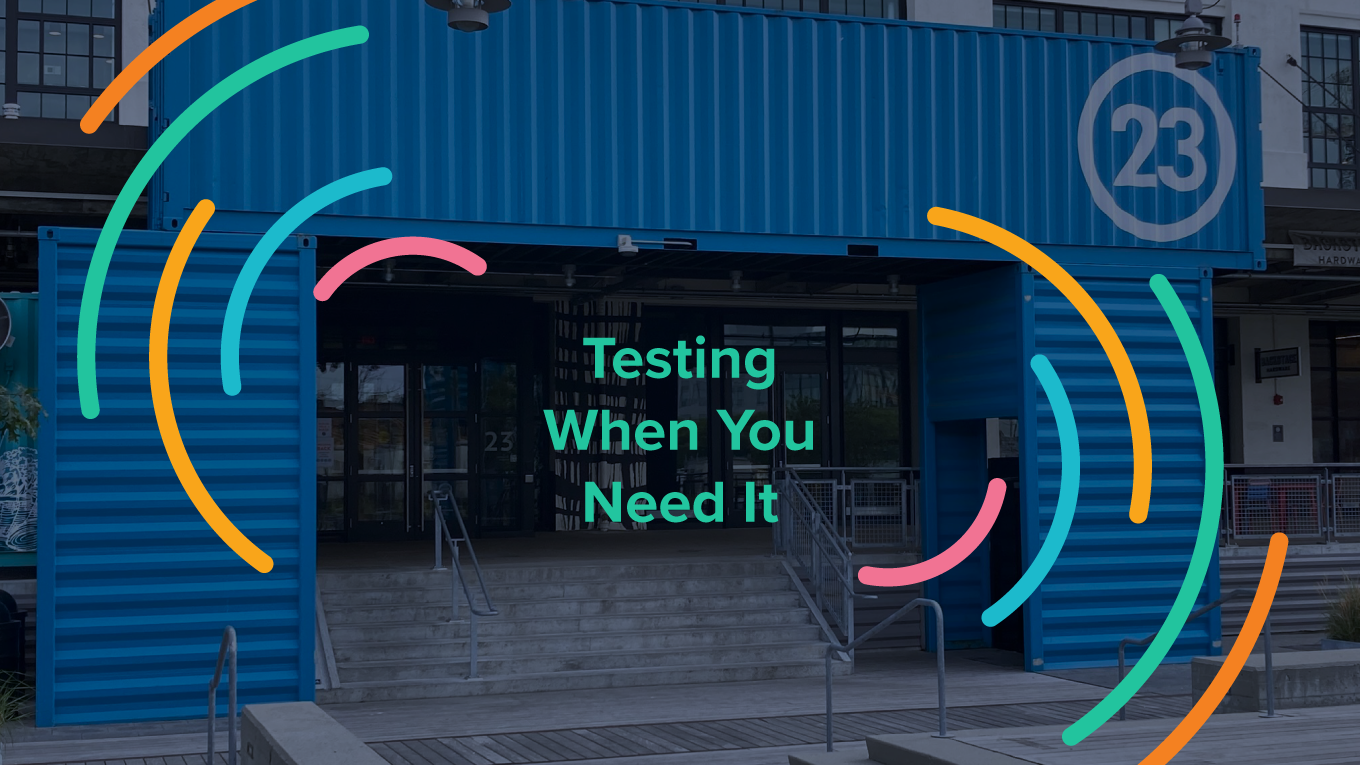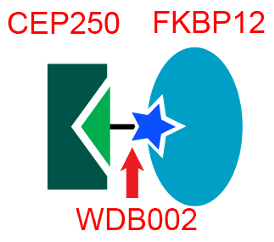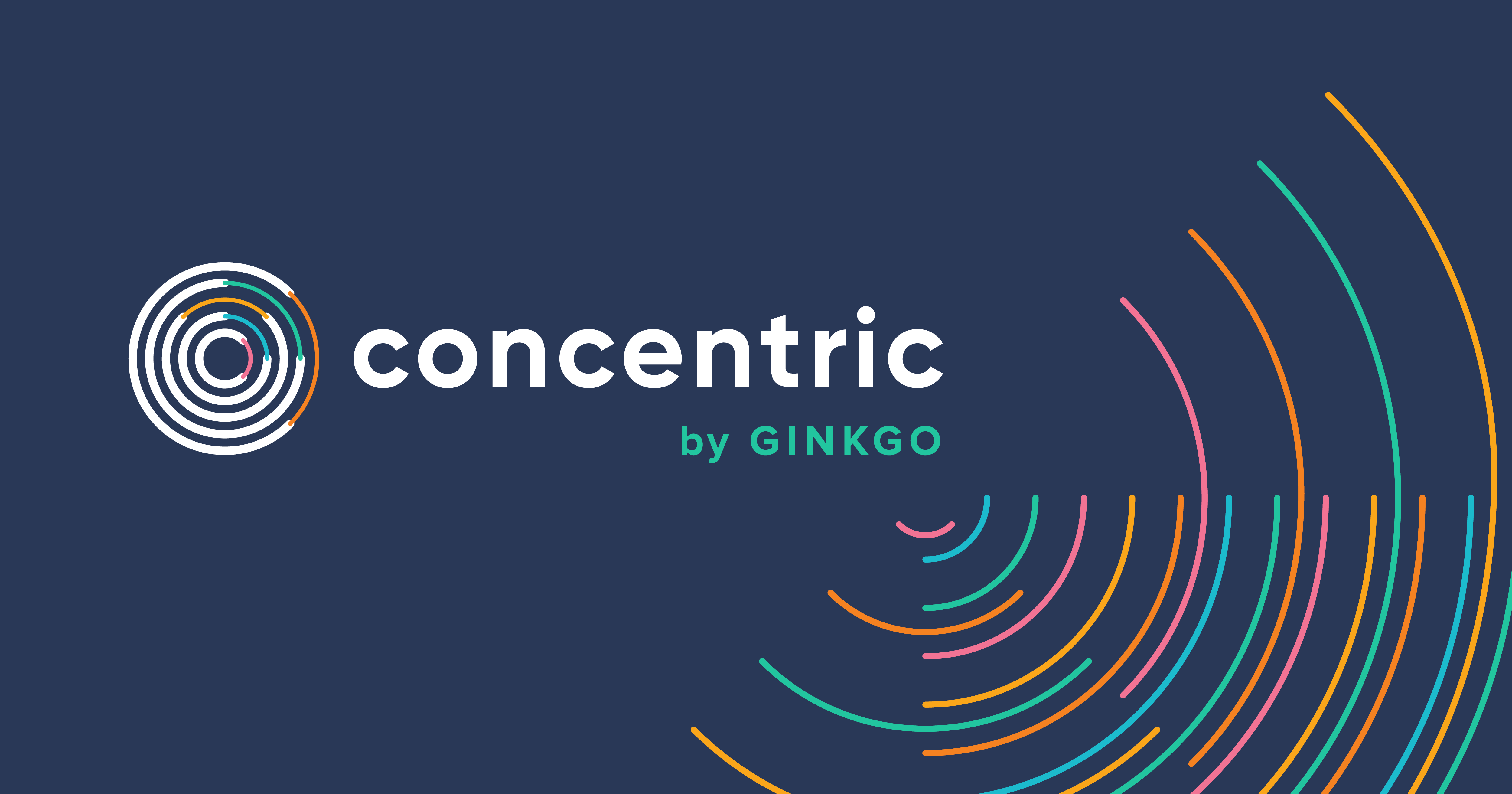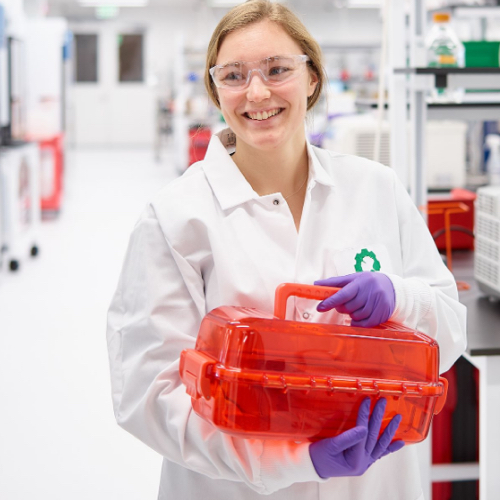Concentric by Ginkgo recently opened its first public test center in Boston’s Seaport District. The new center is expanding access to COVID-19 diagnostic testing for workplaces and organizations of all sizes. Many organizations need employees on-site daily in order to operate. It’s crucial for these companies to have a convenient way to test employees and identify individual COVID-19 cases before they turn into widespread, disruptive outbreaks.
The test center located on the ground floor of the Innovation and Design Building is currently open to customer organizations and their participants Monday through Friday from 7:30am to 5:30pm. Any organization interested in accessing the service can contact the Concentric team to sign up. Concentric provides diagnostic testing in a comfortable setting that can be built into your team’s workday. Over time, the center will also explore offering different types of COVID-19 tests to meet a wide range of needs.
New Normal: Comfortable Testing
Concentric’s service prioritizes a test taker’s comfort and experience. We aim to make testing a familiar, easy experience rather than an unfamiliar, time-consuming activity. Individuals from customer organizations can easily request a test through our online portal, stop by the center to quickly take a test in a comfortable and private setting, and continue on with their day. The results are typically returned in 3 days or less. As public health experts have explained, the information that testing provides can help businesses identify infectious individuals with the goal of reducing transmission of COVID-19 in the workplace. The goal is to remove the stress, inconvenience, and discomfort from COVID-19 testing while providing access to testing when it’s needed.
Concentric’s Test Center is located in one of Boston’s largest business districts, which means our customers vary in size and industry, ranging from food service companies to manufacturers to large corporations. Concentric by Ginkgo offers affordable diagnostic testing options that can be accessed as needed: organizations can purchase a specific number of tests and then send employees in when testing is necessary.
Exploring the Latest Testing Innovations
Concentric by Ginkgo is exploring innovative types of COVID-19 tests in order to meet the different needs of organizations like workplaces and universities that require people on-site every day. While the majority of testing at the Seaport location is done using saliva as the collection method, we’ll soon be exploring antigen tests and shallow nasal swab methods (as opposed to deep nasal swabs). We’re consistently reviewing our processes and offerings to ensure we’re providing the best testing service to our customers.
Many organizations need to remain operational while the COVID-19 pandemic persists. Industries that support our critical infrastructure, our communities, and our ways of life all benefit from better access to testing. By removing barriers like low local test supply, lengthy turnaround times, and inconvenience, organizations can arm themselves with the knowledge they need to make better proactive and reactive decisions in their COVID-19 response plans.
For more information on how to access the testing service at the Concentric Test Center, contact us at www.concentricbyginkgo.com/idb.




